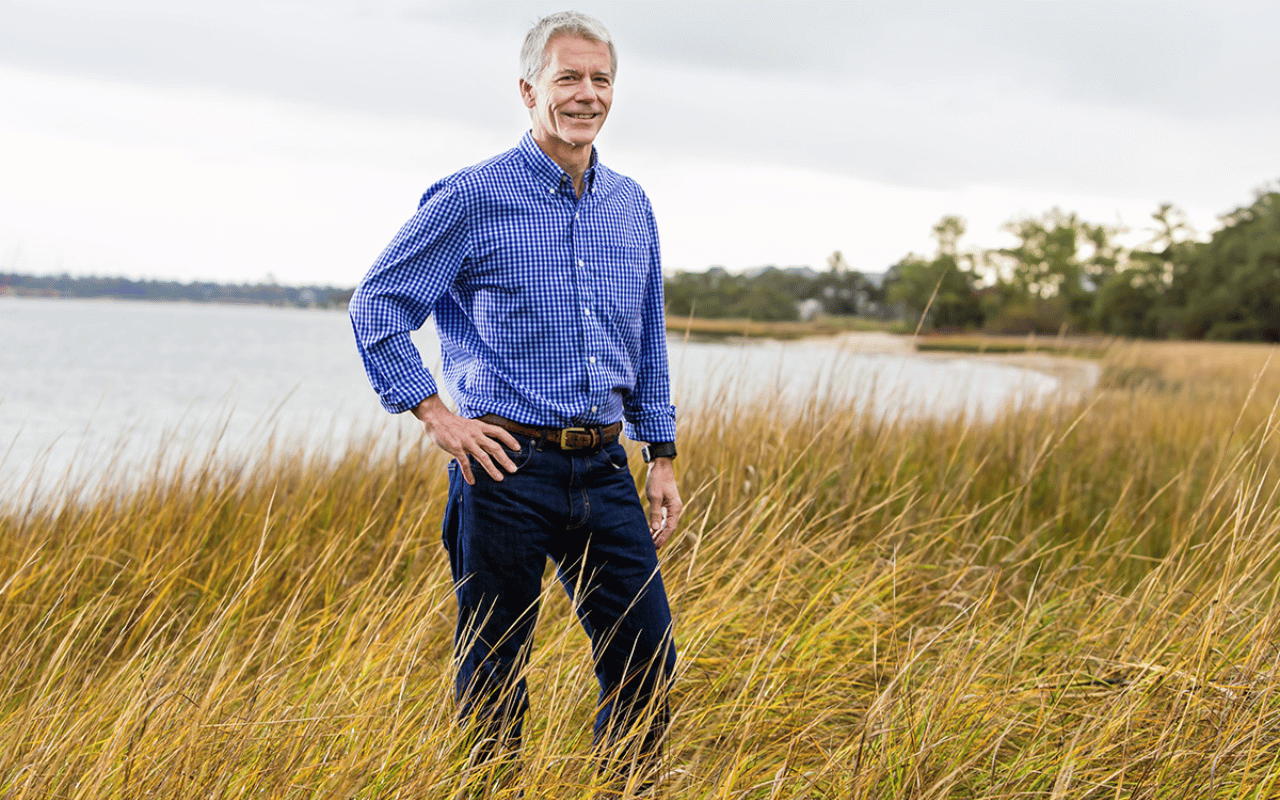Humans are altering the planet’s ecosystems in ways and in magnitude unthinkable even a few short decades ago. Climate change, habitat fragmentation, and invasive species are rapidly changing species composition and ecosystem functions different from anything we have seen in past or present systems.
The UGA College of Environment and Design will host a lecture by Keith Bowers, FASLA, on Thursday, March 7th at 5 p.m. in lecture hall 123 of the Jackson Street Building to address ways to face these challenges. For over three decades, Keith Bowers has been at the forefront of applied ecology, land conservation, and sustainable design. As the founder and president of Biohabitats, Bowers runs a multidisciplinary organization focused on regenerative design, blurring the boundaries between conservation planning, ecological restoration, and sustainable design. Using living-systems as the basis for all of its work, the firm applies a whole-systems approach to all of its projects.
Bowers has applied his expertise to more than 600 projects throughout North America. His work has spanned the scale from site-specific ecosystem restoration projects involving wetland, river, woodland and coastal habitat restoration to regional watershed management and conservation planning, to the development of comprehensive sustainability programs for communities and campuses across the country. He currently serves on the McHarg Center Board at the University of Pennsylvania.
According to Bowers, while ecosystems are always changing, the rate and pervasiveness of change from multiple environmental and cultural stressors are making us rethink what it means to restore and manage these communities. All landscape interventions we undertake display an underlying set of ethical and moral precepts, he explains. Do we embrace an anthropocentric utilitarian paradigm, mixing and matching biota to fit narrowly defined human objectives, or do we follow a biocentric approach and make it a fundamental right to protect, restore and ensure the evolutionary potential of all life forms? Or is there a middle ground? In his lecture, Bowers will examine what it means to be regenerative, to think about whole systems and to apply a living systems approach in a rapidly changing world. Using case studies, he will review climate change adaptation, whole-systems water management, and urban ecology initiatives, among others.
The lecture is free and open to the public and is sponsored by the Eleanor Ferguson Vincent fund at the College of Environment and Design. For more information, call 706-542-8292.

